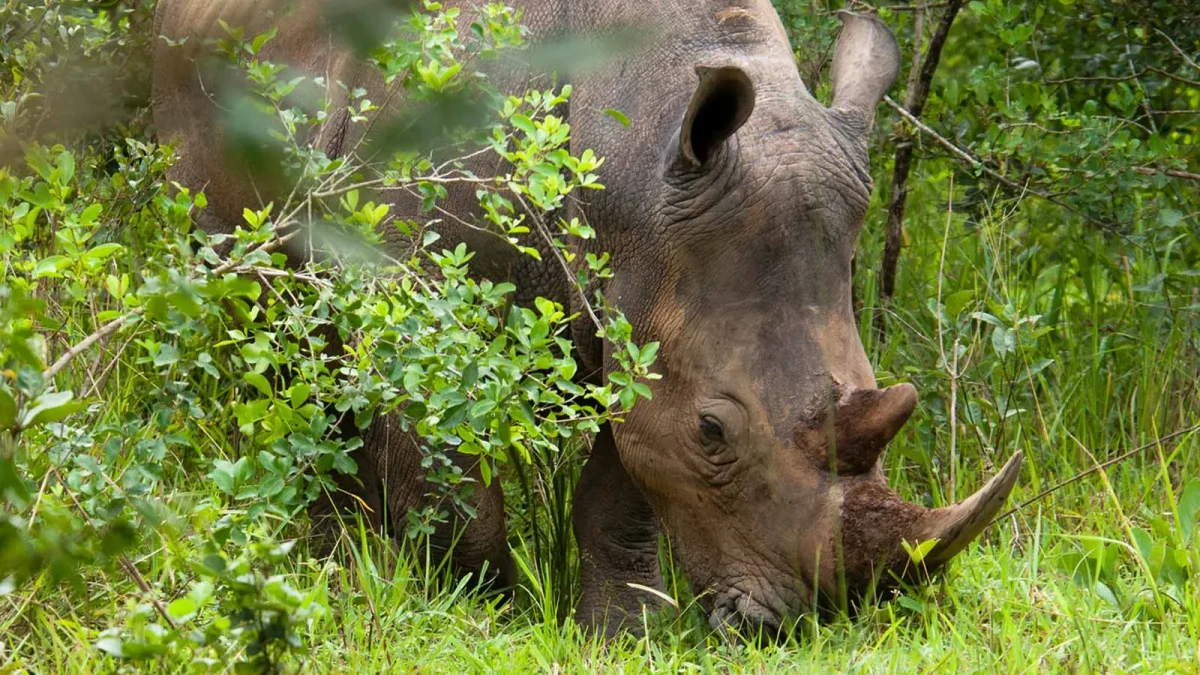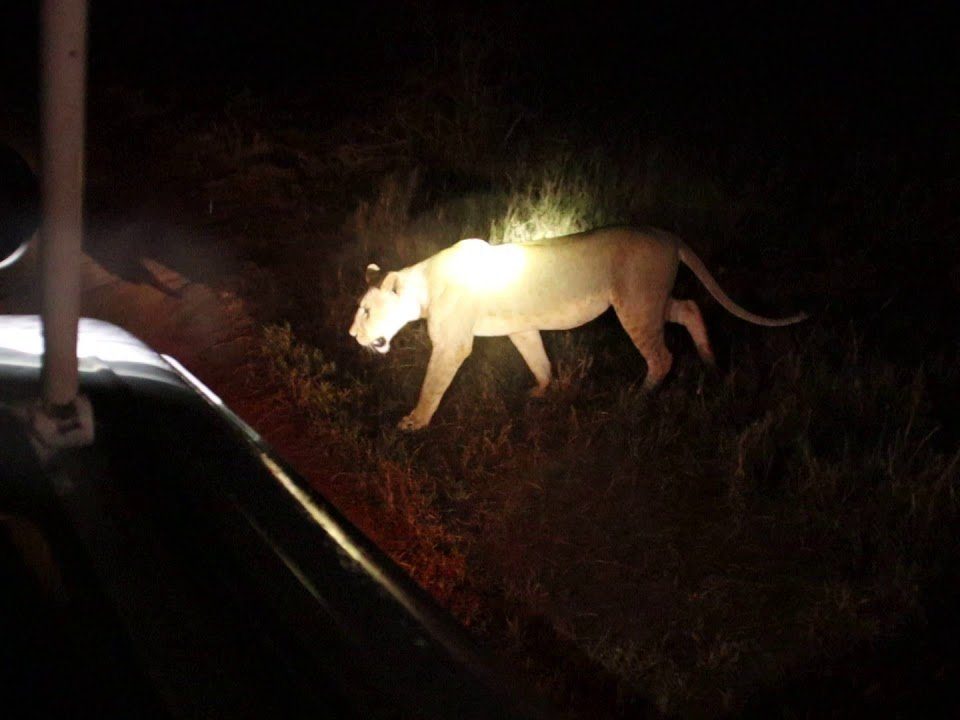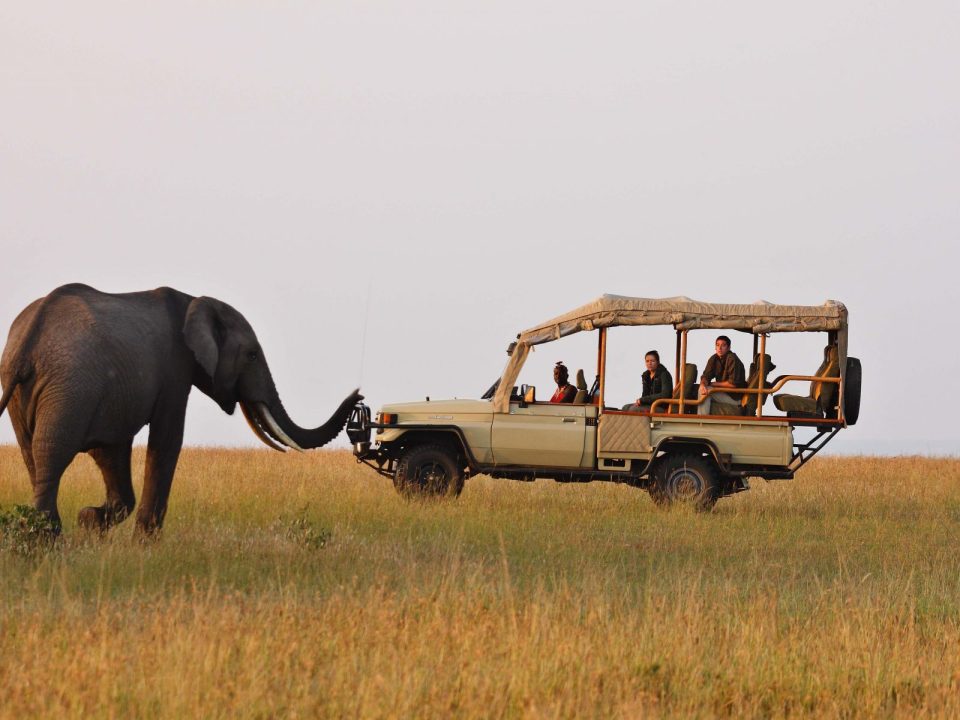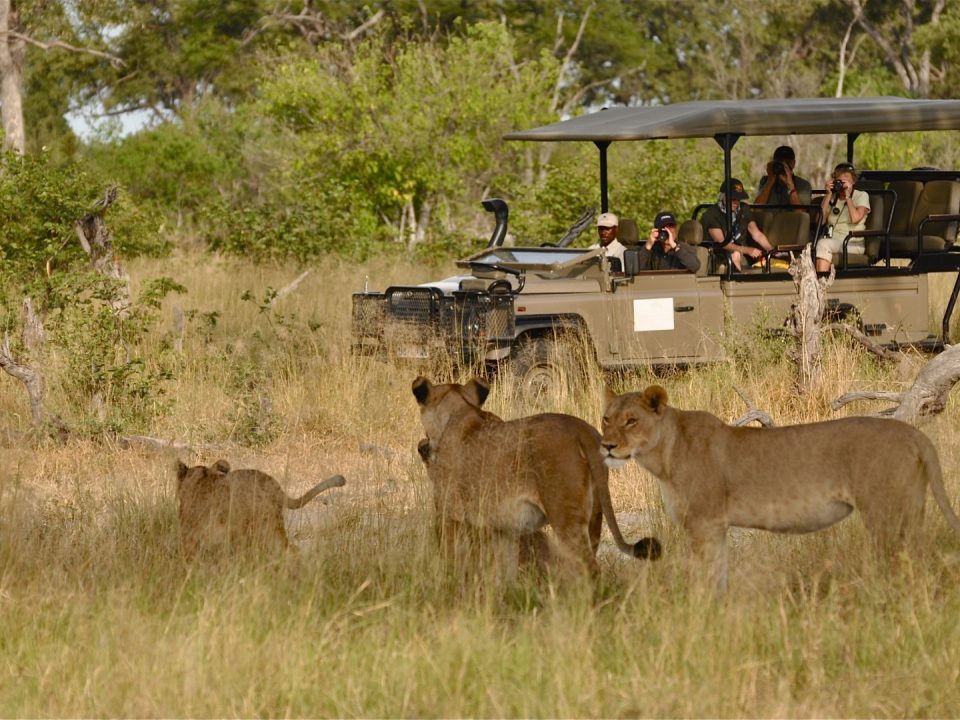
Birding in Queen Elizabeth National Park
July 1, 2025
Are There Other Wildlife Species to See at Ziwa Rhino Sanctuary Besides Rhinos?
July 2, 2025Why Is Ziwa Rhino Sanctuary Important for Conservation in Uganda?
Introduction: A Keystone in Uganda Safari Conservation Initiatives
When you plan a Uganda safari with Star Wilderness Safaris, one crucial question often arises: “Why is Ziwa Rhino Sanctuary important for conservation in Uganda?” Nestled between Kampala and Murchison Falls National Park, Ziwa Rhino Sanctuary stands as Uganda’s only wild rhino refuge—the first step in restoring a species once driven to extinction locally. This sanctuary symbolizes hope, combining community engagement, scientific research, ecological balance, and tourism. For wildlife lovers seeking more than picturesque landscapes—whether tracking rhinos, going Gorilla Trekking, Chimpanzee Tracking, or even extending to a Rwanda safari—Ziwa marks a turning point in conservation storytelling. From reviving critical species to igniting grassroots support for protected heritage, Ziwa is an essential first stop on multi‑park adventures. Read on to discover why Ziwa Rhino Sanctuary is vital to Uganda’s conservation success and how visiting with Star Wilderness Safaris enriches both you and the ecosystem.
Reintroducing the Great: Ziwa as Uganda’s Rhino Revival Center
Reviving a Lost Species Through Purposeful Conservation
One of the greatest reasons Ziwa Rhino Sanctuary is important for conservation in Uganda is its role as a successful center for species re-introduction. Southern White Rhinos were extirpated from Uganda in the 1980s. In 2005, a bold initiative brought several rhinos from Kenyan parks to Ziwa’s 70-square-kilometer protected habitat. Today, the rhino population continues to grow, and their return has restored a key element of Uganda’s ecological tapestry. This story is more than a conservation milestone—it’s an invitation for wildlife safari enthusiasts to witness collaborative success. When trekkers depart from Kampala with Star Wilderness Safaris toward Murchison Falls Safaris, an early morning walk tracking rhinos at Ziwa becomes a living symbol of wildlife recovery. Visitors see firsthand what conservation investment yields: a once-extinct species now reclaiming its ancestral home.
Ecosystem Protection: Beyond Just Rhinos
A Sanctuary Brimming with Biodiversity
Yes, Ziwa Rhino Sanctuary is important for conservation in Uganda—and not just for its rhinos. The reserve encompasses diverse habitats—savannah, acacia woodland, riparian forest, and wetlands—supporting an array of wildlife. Guests are likely to encounter Uganda kob, waterbuck, warthogs, bushbucks, and cheeky primates like vervet and colobus monkeys during their visit. More than 350 bird species, including the iconic shoebill stork, thrive around Ziwa’s wetlands. For travelers on a wildlife safari, every walk or game drive becomes a survey of ecological health. And for those continuing south to Uganda Gorilla Trekking or around to Chimpanzee Tracking, Ziwa offers a well-rounded preamble rooted in conservation success. Star Wilderness Safaris ensures every itinerary highlights this ecological richness—from rhino tracking to forest immersion—underlining Ziwa’s role as a conservation microcosm.
Guardians on Patrol: Anti-Poaching and Research Initiatives
Safeguarding Species Through Vigilance and Science
What makes Ziwa Rhino Sanctuary important for conservation in Uganda is the sanctuary’s active anti-poaching framework and research agenda. Staffed with well-trained rangers, Ziwa enforces 24/7 patrols—with vehicles, foot patrols, even aerial surveillance—to protect rhinos and their habitat. Tracking collars and population monitoring programs inform effective management strategies. Partnerships with universities and NGOs facilitate field research in wildlife behavior, genetics, and disease monitoring—all feeding back into bigger conservation objectives. Star Wilderness Safaris emphasizes this on tours, briefing guests on the scientific efforts keeping rhinos safe. When clients move on to gorilla tracking in Bwindi or chimpanzee expeditions in Kibale, they carry with them the knowledge that Ziwa isn’t just a tourist attraction—it’s a living field station preserving Uganda’s natural heritage.
Community Impact: Empowering Locals as Conservation Custodians
Transforming Lives Through Wildlife Tourism
Ziwa’s success answers the question: “Why is Ziwa Rhino Sanctuary important for conservation in Uganda?” by showcasing the transformative power of community-inclusive conservation. Surrounding communities—primarily Banyoro and Acholi—are deeply involved in projects funded by tourism revenue. Education initiatives, health clinics, and income from cultural tourism are tangible benefits. Star Wilderness Safaris offers guests immersive cultural experiences: guided visits to local homesteads, dance and music presentations, craft interactions, and traditional cuisine tasting. These activities enrich the safari experience while empowering locals to view wildlife as assets—not threats. The result: poaching drops, conservation awareness rises, and rhino tracking becomes a source of pride. Anecdotes from villagers, shared around camp after rhino encounters, highlight a community now invested in protecting their wildlife heritage.
Connecting Parks: A Launchpad for Multi-Park Safari Expeditions
Ziwa as the Gateway to Uganda’s Wildlife Corridors
Ziwa Rhino Sanctuary is important for conservation in Uganda also because of its strategic location—right at the crossroads of South to Gorilla Trekking, North to Murchison Falls Safaris, or West toward Chimpanzee Tracking. It serves as the first affirmation that Uganda is reviving endangered species. After dawn patrols, travelers head onward with confidence to experience lions, elephants, and hippos at Murchison Falls, then continue southward for mountain gorilla encounters or primate-rich Kibale. Many guests book an optional extension to Rwanda safari, including Gorilla Trekking Rwanda—further linking landscapes and conservation narratives. Star Wilderness Safaris builds itineraries that leverage this geographical advantage, ensuring Ziwa isn’t just a scenic pit stop, but the start of a conservation-themed journey through East Africa’s most iconic wildlife destinations.
Education and Inspiration: Sparking Change Beyond the Safari
Informing Visitors and Local Youth for Long-Term Impact
An often-overlooked answer to “Why is Ziwa Rhino Sanctuary important for conservation in Uganda?” is its capacity as a center for education. Ziwa hosts workshops for local schools, governing patrol training, and visitor educational programs that combine tangible observations with storytelling on conservation challenges and successes. Weaving learning into tourism forms ambassadors of change—visitors return home motivated, locals grow proud as protectors, children aspire to conservation careers. Star Wilderness Safaris ensures every guest walking into Ziwa’s grasslands isn’t merely observing, but learning: about community involvement, biodiversity significance, and the delicate balance that keeps ecosystems safe. These experiences are potent catalysts for long‐term preservation, and a major theme carried onward into Uganda Gorilla Trekking or Rwanda Tour extensions.
Conclusion: Ziwa Rhino Sanctuary—A Conservation Cornerstone in Uganda
From reviving critically endangered rhinos to championing biodiversity, empowering communities, and inspiring future conservation efforts, the question “Why is Ziwa Rhino Sanctuary important for conservation in Uganda?” finds its answer in every footprint and every community member touched by this initiative. For those traveling with Star Wilderness Safaris, Ziwa offers more than wildlife—it offers context, purpose, and continuity. But it doesn’t end there. Combining Ziwa with broader adventures—be it Murchison Falls Safaris, Uganda Gorilla Trekking, Chimpanzee Tracking, or extending into Rwanda safari—deepens understanding of East Africa’s interconnected ecosystems and cultural pathways.
By visiting Ziwa, you’re not just witnessing conservation—you’re becoming part of it. And when you trek gorillas in Bwindi or Rwanda’s Volcanoes National Park, or watch chimpanzees swing through Kibale’s canopy, you’ll carry forward the story that Ziwa helped start.




